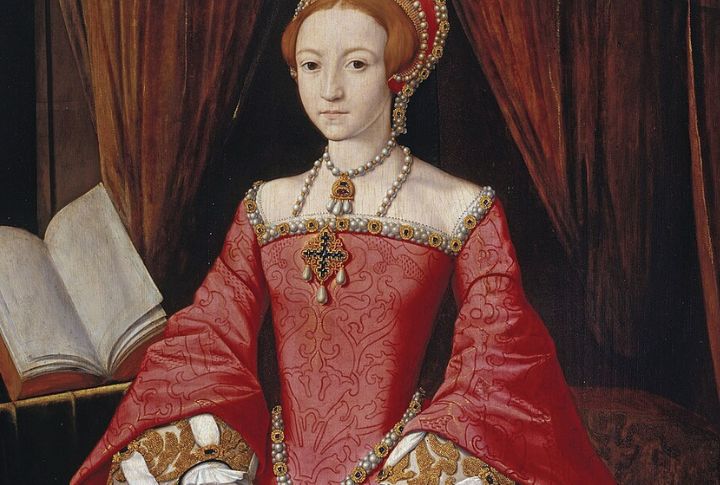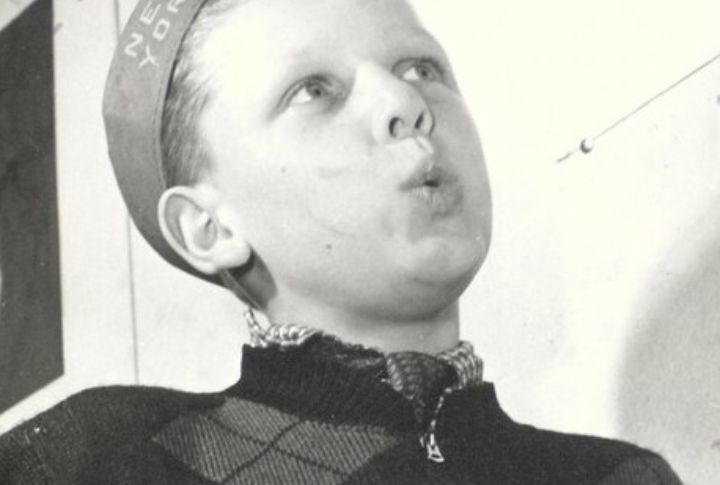
Ever broken a law without knowing it? Thank your lucky stars you weren’t born earlier. The government once criminalized things so absurd you’d think someone was pranking the public. These weren’t just weird technicalities buried in legal code—authorities actively punished violators. Let’s jump into the most ridiculous prohibitions ever recorded.
Night Walking (Feudal Japan)
Strict curfews shaped life in feudal Japan, where nighttime belonged to officials and patrolling samurai. Commoners needed passes to be outside after dark, and unauthorized night walking risked arrest or harsh punishment. Though execution wasn’t typical for repeated offenses, authorities treated nighttime movement as inherently suspicious and potentially criminal.
Playing Chess (Islamic Caliphates)
Chess’s status shifted repeatedly across Islamic caliphates. Some rulers banned it for encouraging gambling or distracting believers from religious duties, whereas others defended its strategic value. Despite occasional crackdowns, people continued playing in secret, and even the famed caliph Harun al-Rashid—leader of the Abbasid Caliphate—reportedly enjoyed chess at court.
Wearing Certain Colors (Elizabethan England)
The crown wanted to make social distinctions obvious, so laws dictated the colors people could wear. Anyone caught in purple who wasn’t royalty risked fines or even jail. These rules even extended to actors, who could wear restricted colors only when portraying nobles, thereby keeping society sharply divided by color.
Haircut Laws (Qing Dynasty China)
When the Qing dynasty began in 1645, Manchu rulers forced Han Chinese men to shave their foreheads and wear a queue (pigtail). Refusing was considered treason, and men had 10 days to comply or face execution. The ban on traditional Han hairstyles was both a political and cultural tool to enforce loyalty to the new dynasty.
Whistling In Public (Medieval Europe)

Whistling in public could get you in trouble in medieval European towns. Since horses would get scared and accidents sometimes happened, leaders saw it as a serious disturbance. Penalties ranged from fines to being locked in the stocks, and over time, authorities enforced the rule even more strictly.
Celebrating Christmas (Puritan England And America)
Christmas today means freedom to celebrate however you want. Back then, Puritan England and America told a different story: celebrations were outlawed and festivities meant legal trouble. Still, human nature prevailed as underground gatherings emerged, which proved that some traditions refuse to die quietly.
Public Dancing (18th Century Europe)
You’ve probably never heard of a “dancing plague,” but Strasbourg had one in 1518. The town tried to fix it by encouraging people to dance even more, which sounds like something out of a comedy—but it failed spectacularly. In the end, public dancing became illegal in many places.
Drinking Coffee (Ottoman Empire)
Coffee caused a lot of worry in the Ottoman Empire. Starting in the 1500s, rulers banned it several times because coffeehouses were seen as places where people could spread dissent. Under Sultan Murad IV (ruler from 1623–1640), breaking the ban could even mean execution.
Potato Ban (18th‑Century France)
For decades, French authorities outlawed the cultivation and consumption of potatoes, believing they caused leprosy and other diseases. The ban reflected widespread suspicion of the unfamiliar crop introduced from the Americas. It wasn’t until pharmacist Antoine‑Augustin Parmentier campaigned in the late 1700s that potatoes were legalized and promoted as a staple food.
Wearing Pants (France In The 19th Century)
For over 200 years, French women legally needed police permission to wear pants. Originally enacted in 1800, the law criminalized practical choices like cycling or working outdoors. Women could be arrested for defying it, though enforcement waned over time. The law wasn’t officially repealed until 2013, long after it had fallen into obscurity.

